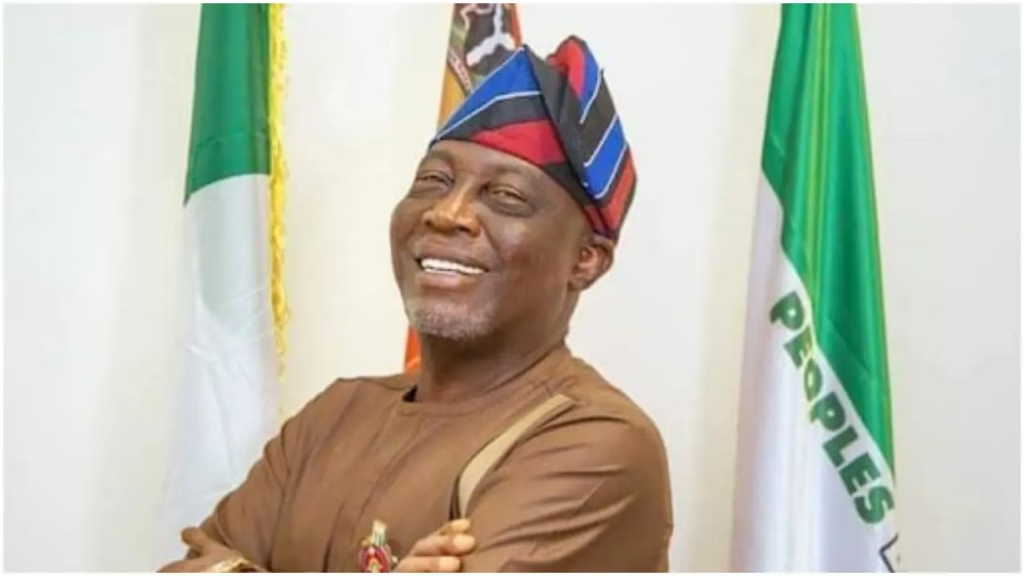The All Progressives Congress (APC) in Benue State’s Okpokwu Local Government Area has disavowed a recent endorsement of Senator Abba Moro’s bid for a third term in Nigeria’s Senate, dismissing the action as unauthorized and unrepresentative of the party’s stance. Senator Moro, the current Senate Minority Leader representing Benue South Senatorial District, faces sharp criticism from the local APC leadership, which accused him of failing to deliver meaningful development for his constituents during his six-year tenure.
In a statement issued by Akor Simon, the party’s acting chairman, the APC explicitly rejected claims that a faction led by Itodo Boniface had endorsed Moro’s re-election. Simon described the endorsement—reportedly announced by Moro’s media aide, Eche’Ofun—as lacking credibility, asserting that the Boniface-led group lacked authority to speak for the party. “Senator Moro has no legacy project to show for his time in office,” the statement read, citing what it called a “reign of underdevelopment” marked by insufficient constituency representation and a lack of charisma. The party vowed to challenge his third-term ambitions in the 2027 elections.
The controversy highlights growing rifts within the APC in Benue, a state historically dominated by opposition parties. Simon urged members to remain focused on securing electoral victories, framing the 2027 polls as an opportunity to reverse what he characterized as Moro’s underwhelming performance. He emphasized the need for unity, labeling the purported endorsement as the work of “desperate politicians” seeking to undermine the APC’s cohesion.
Moro, a member of the Peoples Democratic Party (PDP), has not yet publicly responded to the criticism. His office had earlier circulated reports of the endorsement by the APC-aligned faction, a claim now dismissed by the party’s local leadership. Political analysts note that the dispute underscores broader challenges for Nigeria’s ruling party as it seeks to consolidate influence in regions traditionally resistant to its agenda.
The APC’s rebuke comes amid heightened political maneuvering ahead of Nigeria’s 2027 general elections, with opposition figures and intra-party dynamics increasingly shaping the electoral landscape. Okpokwu’s APC chapter has positioned itself as a bulwark against what it calls “failed leadership,” signaling ambitions to unseat incumbents deemed ineffective. How this internal dissent impacts Moro’s re-election prospects—and the APC’s electoral strategy in Benue—remains a focal point for observers of Nigerian politics.
